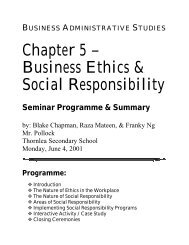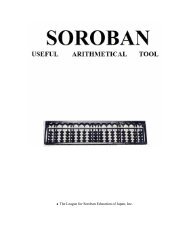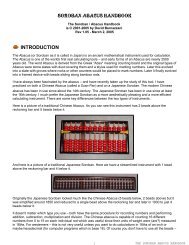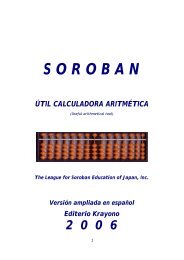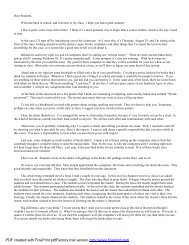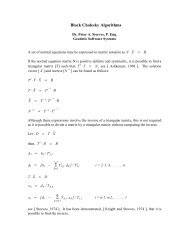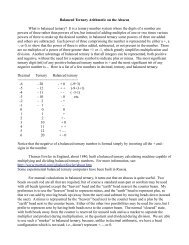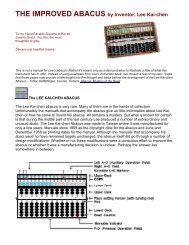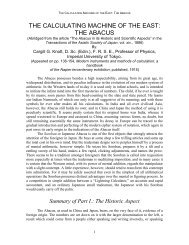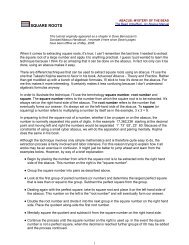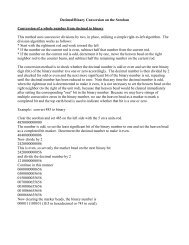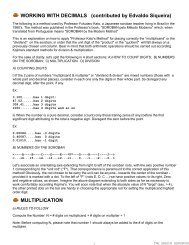Sexing Political Identities-Nationalism as Heterosexism.pdf
Sexing Political Identities-Nationalism as Heterosexism.pdf
Sexing Political Identities-Nationalism as Heterosexism.pdf
Create successful ePaper yourself
Turn your PDF publications into a flip-book with our unique Google optimized e-Paper software.
the other hand, I want to distinguish ‘within group’ and ‘between group’<br />
hierarchies analytically in order to clarify how feminism (<strong>as</strong> a critique of<br />
heterosexism) is differently but signicantly relevant to both. 23<br />
Consider that within heterosexist groups, the dominant empirical register<br />
of hierarchy/oppression is that of sex difference, generalized to gender. Hence,<br />
and conventionally, feminist critique here speaks both to the empirical/<br />
material and symbolic/cultural registers of oppression: to the identities and<br />
practices of those privileged (men, hegemonic m<strong>as</strong>culinity) and subordinated<br />
(women, the feminine) <strong>as</strong> well <strong>as</strong> to the ideology that depoliticizes that<br />
oppression.<br />
Between heterosexist groups, the dominant empirical register of hierarchy/<br />
oppression is that of ‘group’ rather than sex difference, in the sense of race/<br />
ethnicity, religious, or cl<strong>as</strong>s difference <strong>as</strong> a ‘group’ identication. Feminist<br />
critique here <strong>as</strong>sumes a different relevance. It still speaks to the empirical<br />
register of oppression but in a circumscribed sense: only insofar <strong>as</strong> women<br />
constitute a proportion of those who are subordinated – and those who are<br />
privileged. But it continues to speak, I believe indispensably (but not exhaustively),<br />
to the symbolic register of conicts between (heterosexist) identity<br />
groups. That is, even though the empirical ‘mark’ of oppression and group<br />
conict is not that of sex difference, the naturalization – read, depoliticization<br />
– of that oppression is inextricable from heterosexist ideology and its<br />
denigration of the feminine. 24 Specically feminist critique is imperative for<br />
deconstructing this – all too effective – naturalization of intergroup conict,<br />
a point which is especially salient to students of IR.<br />
Through conventional – and even many critical – lenses, heterosexism is<br />
not the most visible or apparently salient <strong>as</strong>pect of political identities and their<br />
potential conicts. I have argued, however, that its foundational binary is<br />
relentlessly productive of hierarchical difference and, especially, the naturalization<br />
of hierarchies through denigration of the feminine/Other. Hence, in the<br />
context of systemic violence (within and between groups), heterosexism<br />
may be the historically constructed ‘difference’ we most need to see – and to<br />
deconstruct.<br />
V. Spike Peterson<br />
University of Arizona<br />
Department of <strong>Political</strong> Science<br />
315 Social Sciences<br />
Tucson, AZ 85721, USA<br />
Tel: 520-621-7600<br />
Fax: 520-621-5051<br />
E-mail: spikep@u.arizona.edu<br />
56 International Feminist Journal of Politics




